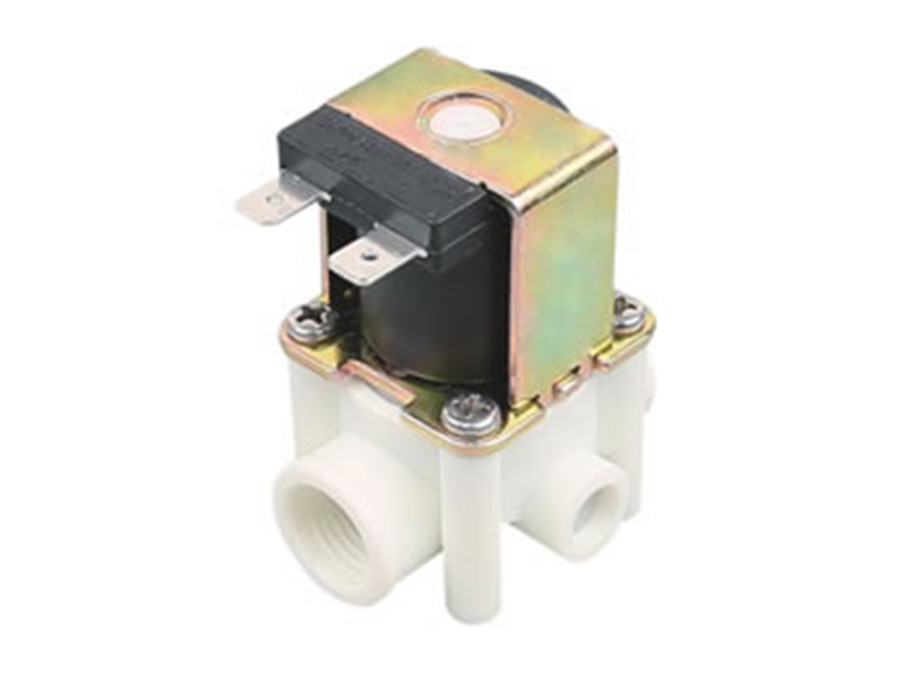Solenoid valves are used to control the flow rate of fluid and aerodynamic tools, systems and motors. Washing machines and gas boilers use these valves, as well as hydraulic pumps and air hammers because their variety is enough to easily perform simple and complex tasks. Solenoid valves can be customized to meet specific needs and can be used to control various media, such as air, water, gas, steam, and oil.
The most common solenoid valve is a two-way valve. The two-way valve has only two ports, while more advanced designs may have three or more, depending on its purpose. All solenoid valves, regardless of design, are designated as one of two general types: direct-acting valves or pilot operated valves.
1. Direct-acting valve
In a direct-acting solenoid valve, the coil directly acts on the solenoid valve to open the valve, lifting the valve shaft and valve seat without relying on external pressure.
2. Pilot valve
In pilot-operated valves, the solenoid activates a much smaller "pilot" valve, which in turn opens a much larger valve, which operates at higher pressures, such as hydraulic pressure, steam, etc. Work under a large flow rate to release a large amount of liquid, gas, steam or air.
Although pilot valves require less electrical power to operate, they usually need to maintain full power to remain open, and their operating speed is slower than direct-acting solenoid valves. Direct-acting solenoid valves only need to be fully charged when the valve is opened because they can remain open even when operating at low power.

3. Two-way valve
Each of the two ports on the two-way valve is used alternately to allow flow and close flow. The two-way valve can be designated as "normally open" or "normally closed". For normally open valves, the valve remains open until a certain current is applied to close the valve. The power failure will automatically reopen the valve to its normal state. Solenoid valves that are normally closed are the most common and work in the opposite way, keeping closed until the power turns them on.
4. Three-way valve
The three-way valve has three ports. These pressures are usually used when operation requires alternating and exhaustive pressures, such as coffee machines or dishwashers.
5. Four-way valve
These valves can have four or more ports connected. Four-way valves are commonly used with double-acting cylinders or actuators. In this version, half of the port connections provide pressure and the remaining connections provide exhaust pressure. You can designate these valves as normally closed, normally open, or general-purpose.
The above information is provided by water dispenser angle solenoid valve manufacturer.
Copyright:@2020-2021
Comments Please sign in or sign up to post.
0
0 of 500 characters used